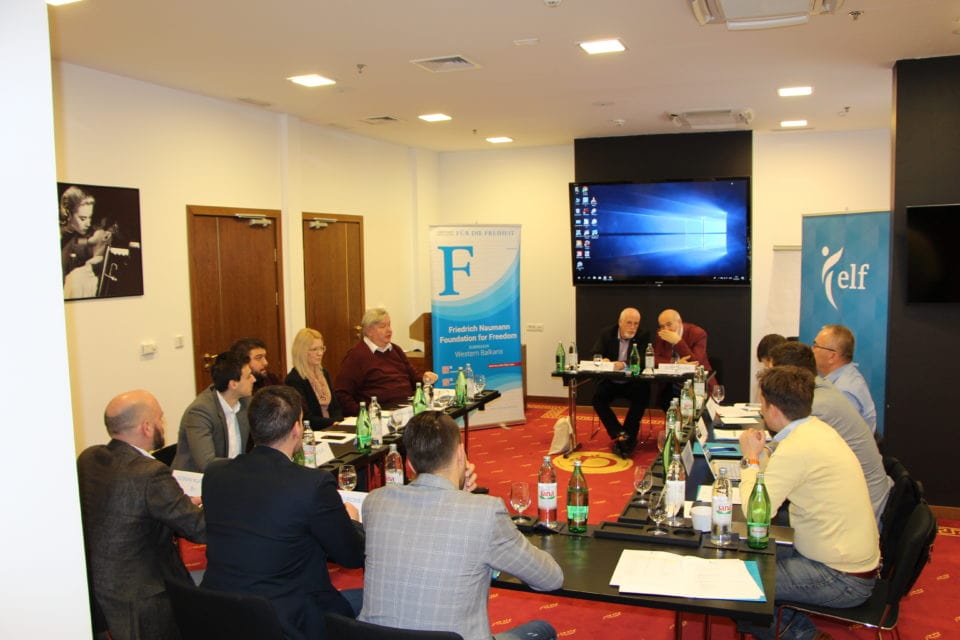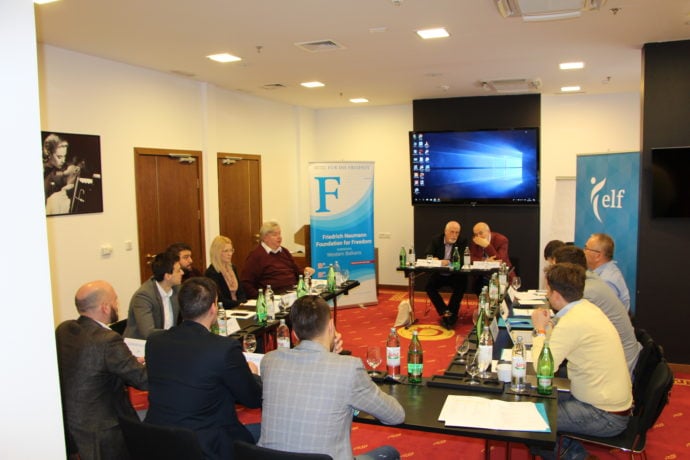The second event of the ELF`s „Train the Coalition Managers“ serial, titled „Preparation Steps for the Coalition Negotiations“, was held in Split, Croatia, on 23-25.03.2018, organized and moderated by the FNF WB Office. Participants came from the liberal political parties HSLS and HNS, from Croatia, and LDP, from Serbia, mostly current or former MPs, local councilors, or alderpersons. Extreme weather conditions prevented participation from Bosnia and Herzegovina. Participating organizations have had a long history of coalescing, with varying results.FNF lecturers Rainer Adam and Dušan Dinić outlined the most important rationale for building coalitions, described their usual types and analyzed advantages and risks of coalescing. They presented a variety of examples from Germany or other countries. Fusion ticket electoral alliances and post-election government coalitions, as well as ad hoc thematic cooperation, were analyzed, both at the local/regional and national levels.
Selected representatives of the three political parties presented characteristic coalitions in which they had participated, in Croatia or Serbia, during the last two decades. The list of 48 questions, drawn by FNF, served as a guideline for presentations. Subsequently, participants discussed the analyses, exchanged experience and noted main reasons for successes or failures. Focus was on the opportunities for liberal parties, usually being junior partners in coalitions, to avoid marginalization and paying political price of others` failures. Specific challenges of coalescing with centre-left and centre-right political parties were both analyzed. A number of similarities in the coalescing dynamics in Croatia and Serbia were identified.

